Thoughts on Living Life in Harmony With Seasons and Cycles
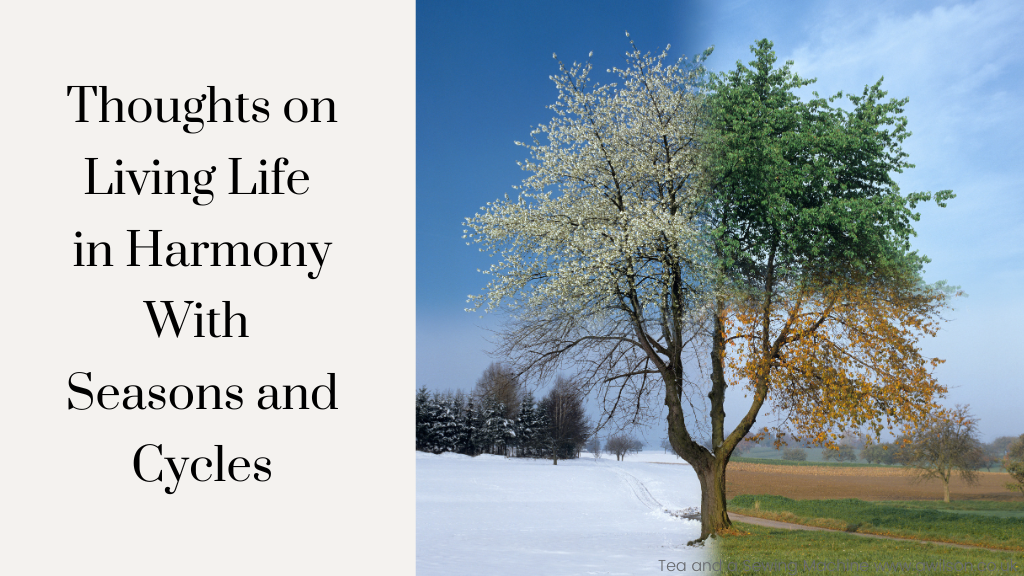
A little while ago, I was listening to a podcast, and in it, somebody said that human beings are designed to live according to the seasons, but modern life makes it impossible.
I’ve talked before about humans and cycles, particularly in relation to the feeling that many of us have less energy in winter.
It’s true that modern life makes living in a way that acknowledges our fluctuating energy levels very difficult.
Industrialisation and Capitalism
When we lived in agricultural communities, our lives followed the seasons. The busiest times of the year were when the days were longer, which also seems to be when humans have more energy. In the winter time, there wasn’t much you could do once the sun went down, but there was less to do anyway. It was a chance to rest, to sleep more, to spend more time with extended family making music and telling stories.
With the arrival of electric light, we were no longer dependent on the sun in order to see what we were doing. Industrialisation, and with it capitalism, required people to be producing a predictable amount regardless of how much sunlight there was or what the weather was doing, and this was now possible thanks to electric light.
Another little thing about capitalism. I had somebody leave a daft comment on a post I wrote during Covid about home education. I wrote that post to try to offer help and reassurance to parents who found themselves taking on more responsibility for their children’s education. This person thought it would be helpful to inform me that school forms the basis of our society. I would say that it is exploitation that forms the basis of our society. The western world was born through slavery and exploitation of the poorest. People who were paid a wage were paid only enough to keep them trapped, in debt and unable to move away or make other changes to their lives.
In order to maximise output in the short term, people were constantly told that they were behind and they had to catch up. They were also only allowed to take breaks or stop for the day when somebody else decided that they had done enough.
In the short term, it worked. In the long term, it caused accidents and made people ill. But it didn’t matter to the rich and powerful, because they could always hire replacements. For the most part, they were only interested in making a profit, and poor people were seen as expendable.
As time went on, there were exceptions. One is Bournville, near Birmingham. The founders of Cadbury’s wanted to provide the people who worked in the factory with a good place to live. Another is Saltaire in Yorkshire, which was formed on similar principles.
Its Legacy Today
Fast forward a couple of hundred years, and we are now at a point where we are expected to perform as least as well as we do on our best days every day.
The reality is that people don’t work like that! It’s perfectly normal to have days when we get masses done and feel like we could take on the world, and other days when we can barely move off the sofa. It’s a problem that’s made worse by often feeling obliged to more than we can comfortably handle, which then makes the low energy days worse.
Some things might have moved on since Victorian times, but unfortunately the legacy of those days is all around us. It still exists in the form of hustle culture and the idea that we have to be busy all the time, the way in which somebody’s worth is measured by the job they do and how useful it is perceived as being, and a general feeling that it’s wrong to take time off when they are ill, or that resting is a waste of time.
The Effect on Our Health
Living like this takes its toll on our health. It’s easy to see how our mental health can be affected by being too busy and becoming burnt out, but it has an effect on our physical health too.
Our minds and bodies are not separate, but one combined entity. One of the ways in which this manifests itself is when we we feel when we are anxious. Sweaty palms, a racing heart, a stomach ache are all physical symptoms of something we experience in our minds. And it works the other way too. Eating the wrong sort of food can make us feel grotty and out of sorts, just as going for a walk and moving our bodies can make us feel better mentally as well as physically.
So living in a way that doesn’t suit us is not only a contributing factor to stress related illnesses. It takes its toll on our bodies too. When we are stressed, are immune systems don’t work as well, we often don’t sleep well and that has a negative effect on our immune systems too. The physical symptoms of stress and anxiety mean are bodies are working harder.
On top of all of this, we feel guilty for taking a break. Hustle culture means we have to be on the go all the time. We are encouraged not to listen to our bodies at all, but carry on being as productive as we can, like those poor people in the mills and mines in Victorian England.
But rest is a requirement, not a right to be earned. We can’t expect or be expected to be at our best when we haven’t had enough rest.

Women’s Cycles
It’s also worth mentioning that for the last few hundred years, the way in which we live has largely been decided by people who do not have cycles in the way that those of us with women’s bodies do. So recognising that our energy ebbs and flows depending on what stage of the menstrual cycle we are in hasn’t even featured on the landscape. But when we pay attention to it, we often notice that there is a pattern and a rhythm in feeling that we need to rest and feeling that we have more energy.
What Can We Do About It?
It is difficult because as the person on the podcast I was listening to said, modern life does not allow for following the seasons or a monthly cycle that includes rest.
However, there are ways in which we can allow for cycles and seasons.
It’s easier if you have some control over your days. If you work long hours in a hospital, or if you spend a lot of time having to march to somebody else’s tune, it’s going to be harder.
Another thing that makes this kind of change difficult is that it goes against everything we are told from being very young.
It’s similar in a way to when I started home educating my children. We’re told almost from babyhood that we have to go to school. We’re told that If we don’t , we won’t learn anything and we won’t be able to get jobs and our lives will be rubbish.
Making the decision to do life differently can feel extremely odd. It’s very difficult to let go of old beliefs, even if we know that they are not true, or that another way of doing things is better. I still have wobbles about home ed now, even though I know that this was the right choice for my family.
I think the answer is to start with tiny steps. I’ve heard the phrase “kitten steps” used for when baby steps feel to big. We can kitten step our way into living in a more cyclical way rather than in a linear way.
I’ve been trying the cycles thing for a few months, and although I’ve made only a few small changes, I’m finding it’s making a big difference. I’m much more aware of my fluctuating energy levels, and by resting more when I need to instead of pushing through, I no longer have whole weeks where I feel like I’m coming down with a virus and my mouth is full of ulcers, so I definitely recommend giving it a go!
Where to Start
One way to go about it is to think of each month as having 4 seasons.
Combining kitten steps with seasons allows us to start gently. Each week is a different season, and the kind of things we do in each week reflect those seasons and the amount of energy we are likely to have.
I like the analogy of a garden. In the winter, there’s not much going on. Most plants are dormant, the grass isn’t really growing and the weather is horrible so we don’t want to be outside anyway. It’s a chance to rest, and maybe look through some seed catalogues and start to think a little bit about what our plans are for the coming year. In the spring, we can really start to plan and start planting seeds and figuring out what’s what. By the time summer comes round, there’s lots to do, flowers are blooming, vegetables are growing and we want to be outside. Then in the autumn, there are the last of the flowers, vegetables that are ready a bit later, and general tidying up. It’s also a good time to get some things ready for spring, like planting bulbs and doing that cardboard thing with the weeds.
How Might This Look in Our Own Lives?
For people who have menstrual cycles, the winter week is the week of your period (I’m going to talk about what you could do if you don’t have them in a minute). This is a week for rest and reflection.
In my life, this is the week when I will:
Take a nap in the afternoon if I can and if I feel like I need to.
Take half an hour on a Saturday morning to sit in a comfy chair and read.
Go out for a nice long walk, again if I can and if I want to.
Take some time to reflect on the past month, on what might need changing or adjusting and what might be the way forward.
Not put anything extra on the calendar to give myself a chance to rest a bit.
I make a point of not starting anything new, not pushing myself to get up early if I feel tired and not beating myself up for not accomplishing everything on my to do list.
The spring week is the time for planning. At the beginning of this week, I might still be feeling a bit tired (like we often do still in early spring), but by the end of that week, my energy levels have increased. So it’s when I plan blog posts and posts for social media (I’m still getting to grips with that!), have a think about what I want to do around the house over the next few weeks and what needs doing in the School of Mummy.
Summer is when our energy levels are at their highest. It’s the best time for writing content, connecting with people and making a dent in ongoing projects. It’s usually the week when I get most done.
Autumn starts with energy levels dipping again. During this week I’ll be tying up loose ends and finishing things off (not everything! I’m still kitten stepping!). It’s also the week when I’ll make changes to the website and ideally leave things in such a way that I can pick them up again in the spring week.
Suggestions if You Don’t Have Much Control Over Your Days
During the winter week, try not to do anything extra, and remove or delegate as much of the non essentials as you can.
If you often have busy weekends, you could aim for a quieter one in the winter week.
Aim for some early nights in the winter weeks.
The summer week is the time for getting things done, so that’s the time for projects and for extra things on the calendar.
We all know and have experienced that taking some time to plan pays off. Making a point of having a few days each month to consider what is coming up and what you might do really helps with making the most of the summer week.
Likewise tidying up loose ends. Leaving things half undone only causes more chaos later. Guess how I know?! There’s the idea of incomplete tasks being like open circles. The aim is to close as many of the circles as you can. This is especially useful for those of us who have a tendency to get overwhelmed. A closed circle means you can tick it off. Having a few days each month in the autumn week to close some of those circles will reduce feelings of chaos and mean that stuff actually gets finished!
For People Who Don’t Have a Menstrual Cycle
One suggestion is to follow the phases of the moon, with the week of the new moon being the winter week.
This might sound a little bit out there, but we can see the effect the moon has on the tides, and as humans are about 60% water, it seems probable that it might have an effect on us too.
The other thing is that the moon’s cycle is about a month, and is observable, which gives us a pattern to follow.
Although this might all sound nutty, I suspect it’s partly because it goes against the current linear system that we are all familiar with, that was cooked up by people who don’t have monthly cycles in the way that those of us with female bodies do.
It’s still quite early days for me. It’s not perfect. I’ve had winter weeks where I’ve had a deadline for my textiles course and I’ve not been able to rest because I’ve had too much to do. But the one thing I will say is that when I don’t rest during the winter week, I feel ill the next week, but when I do rest I don’t feel ill.
It’s all about the kitten steps. Just little adjustments are sometimes enough for noticeable changes.
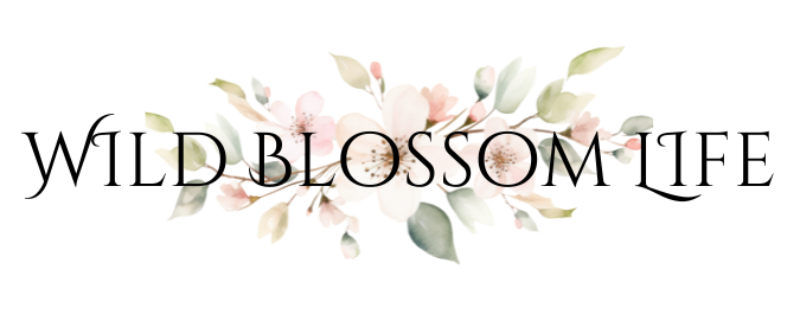
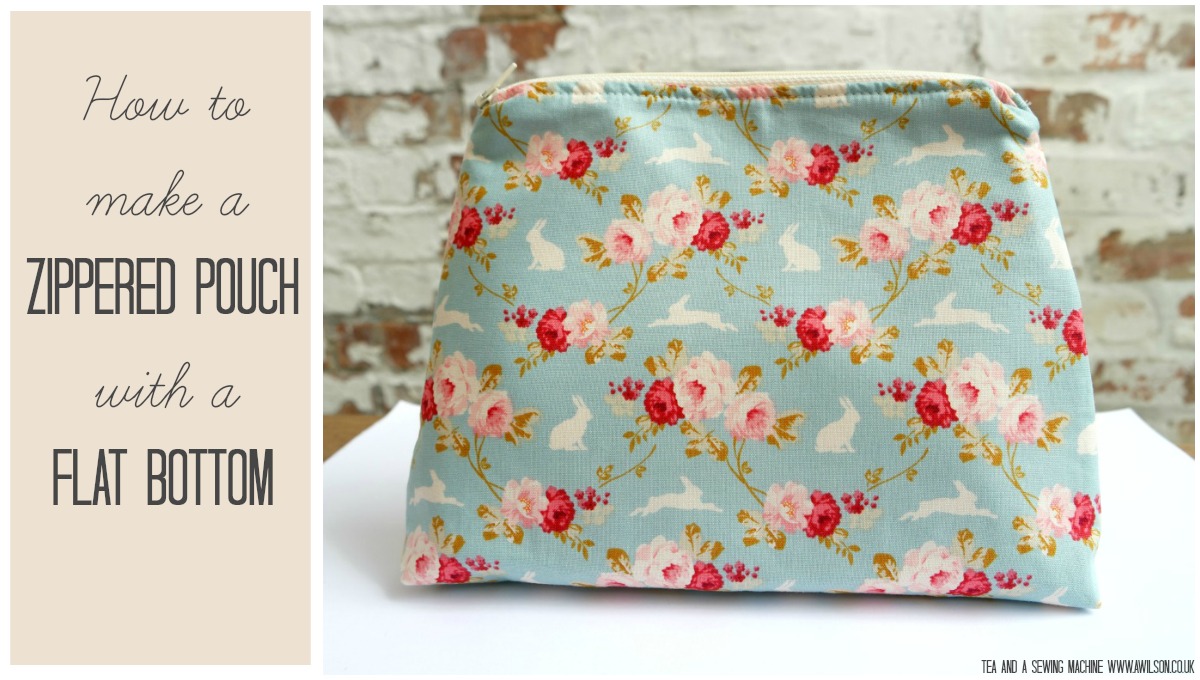
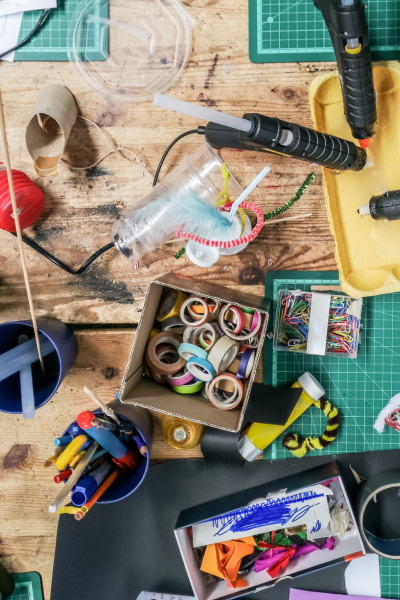
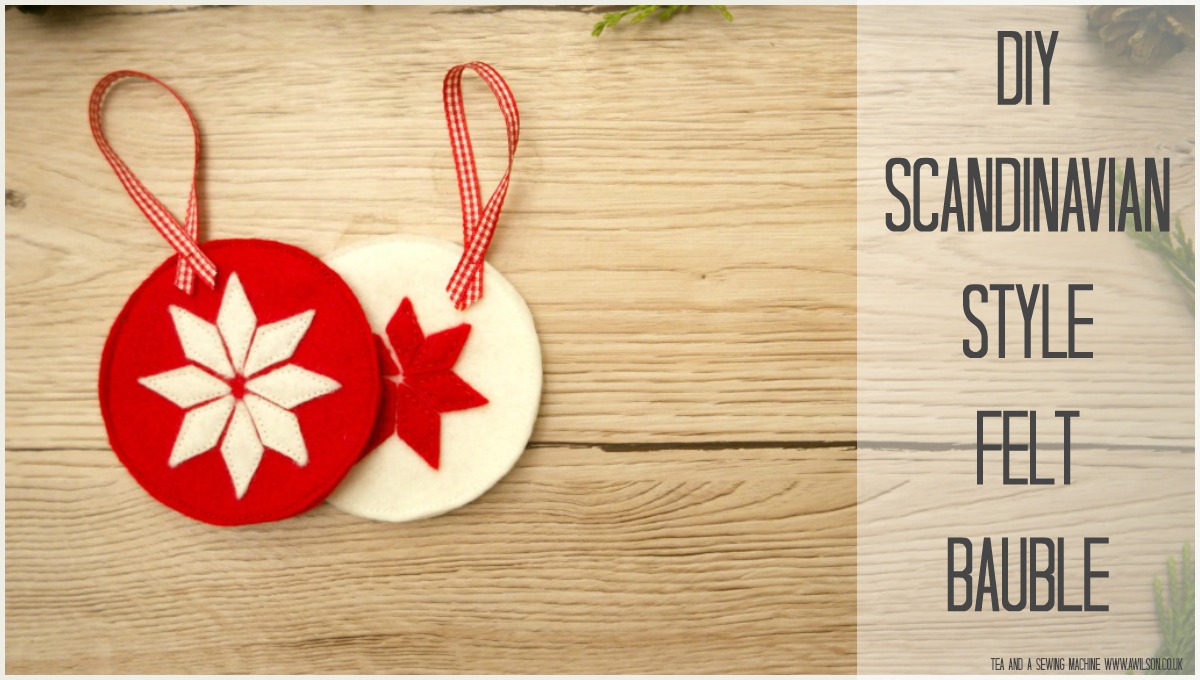
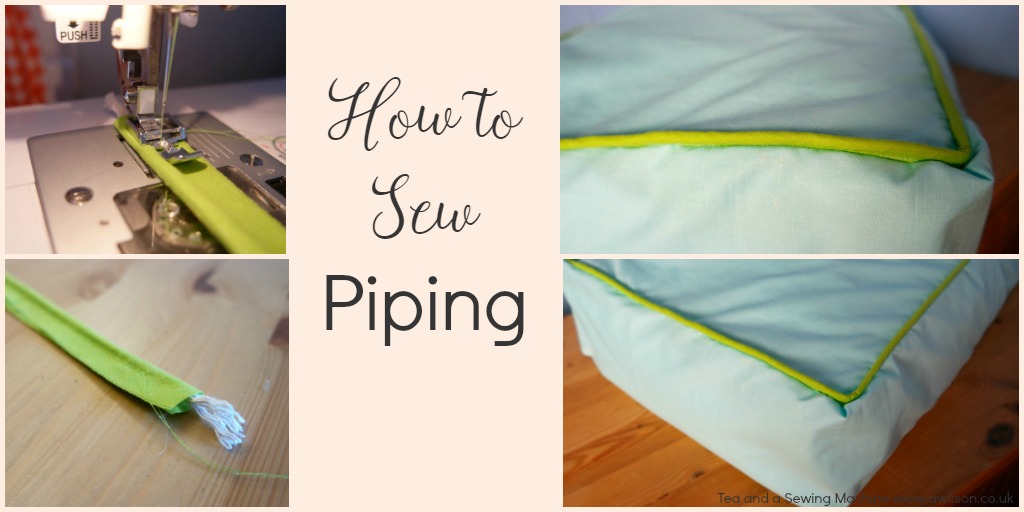


The idea of living in tune with the seasons and our natural cycles resonates deeply. Modern life often forces us into a relentless pace, but recognizing our fluctuating energy levels and allowing ourselves rest can greatly improve both mental and physical health. Small steps, like aligning activities with our personal energy cycles, can help us find balance and reduce stress.